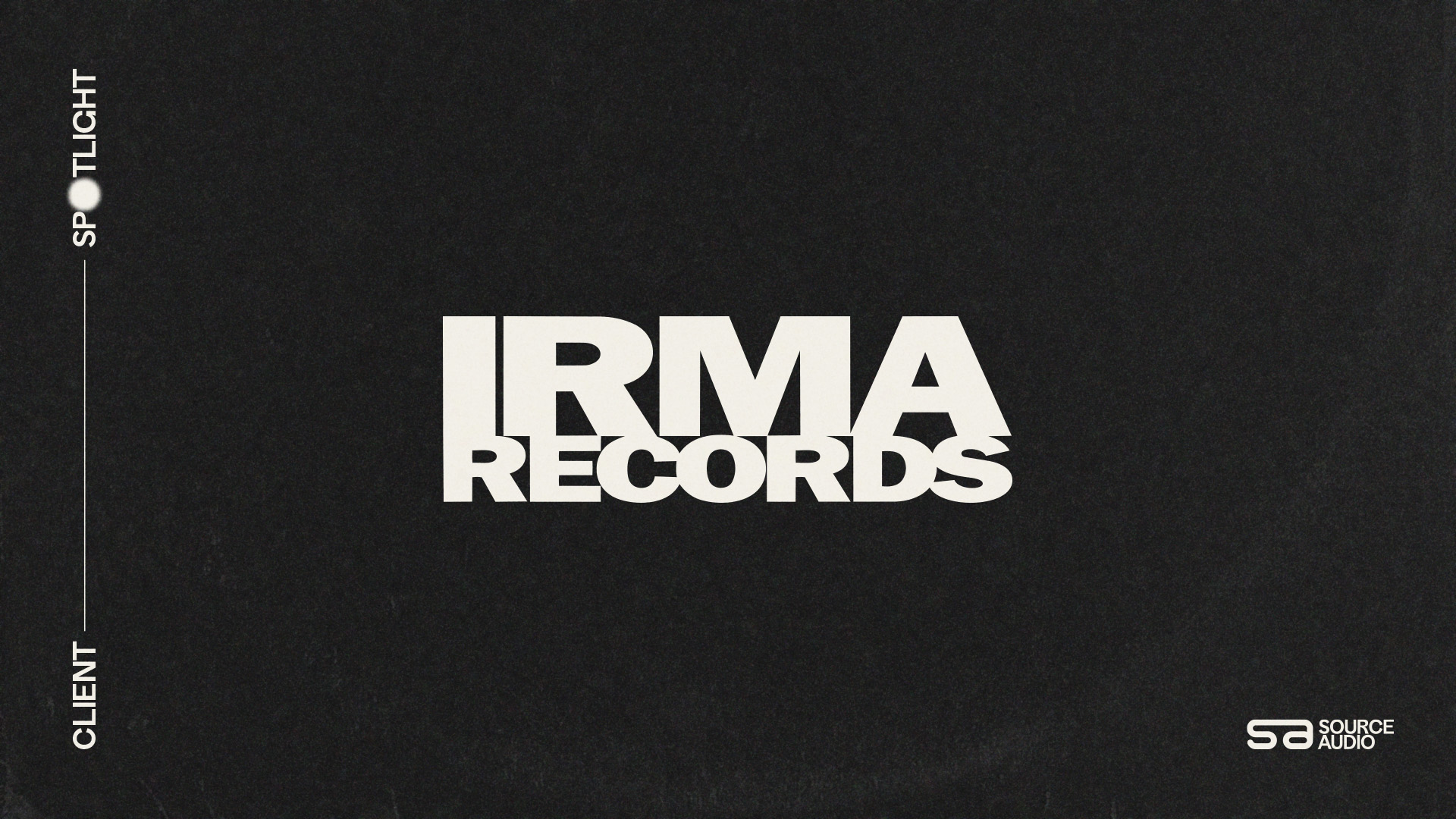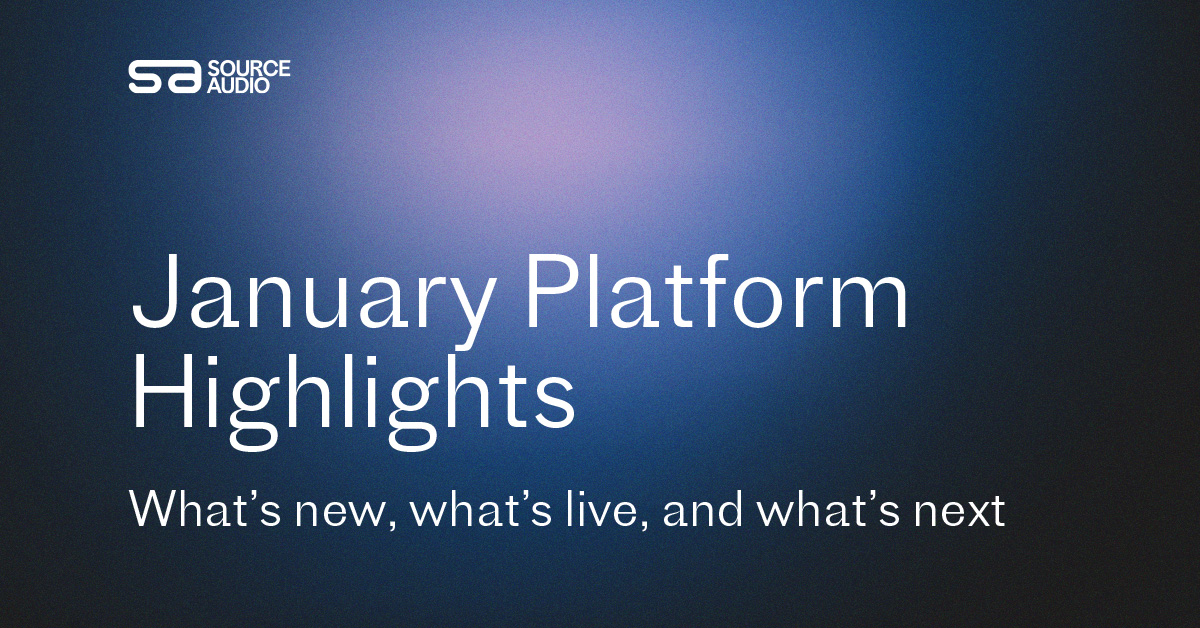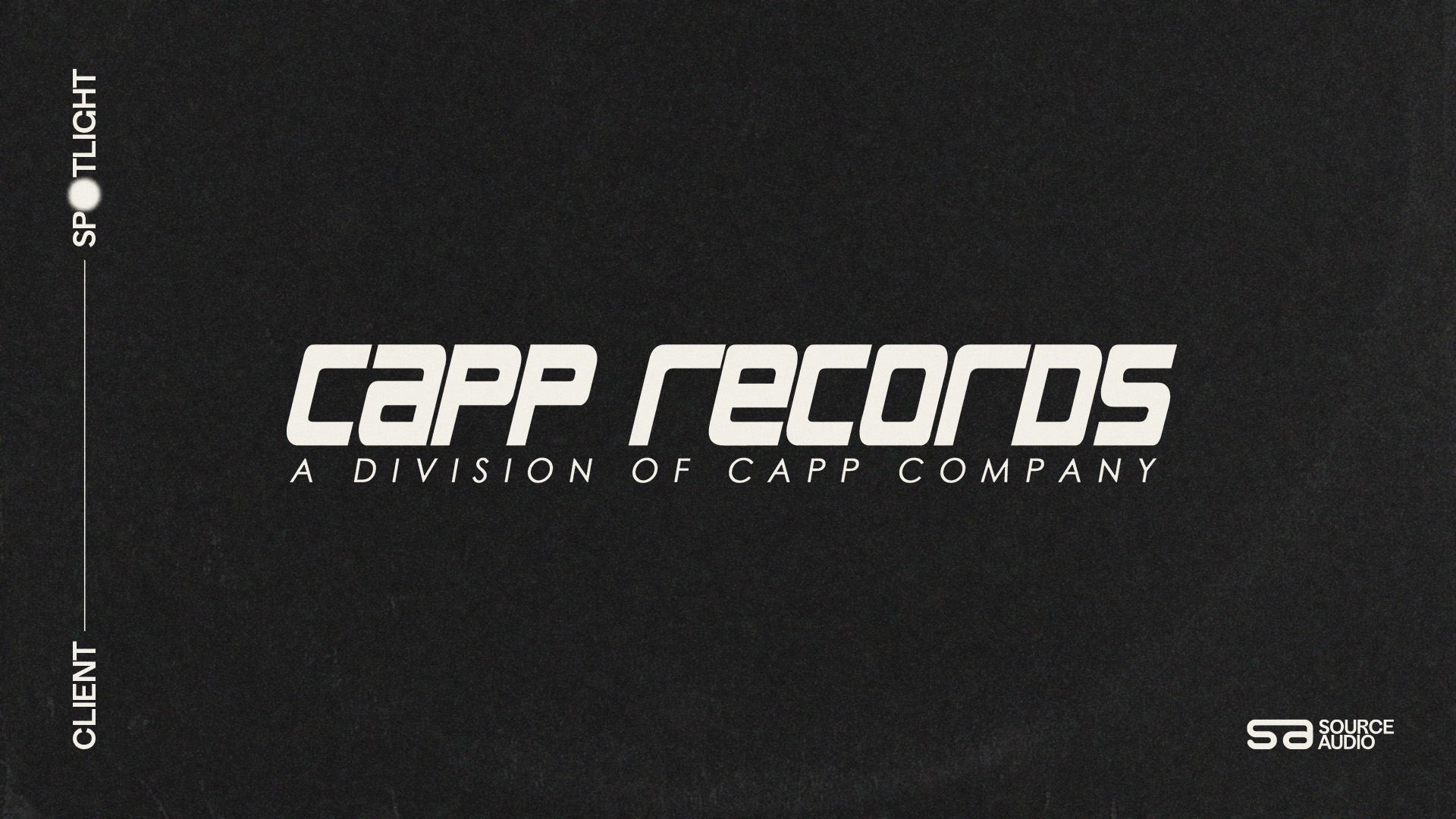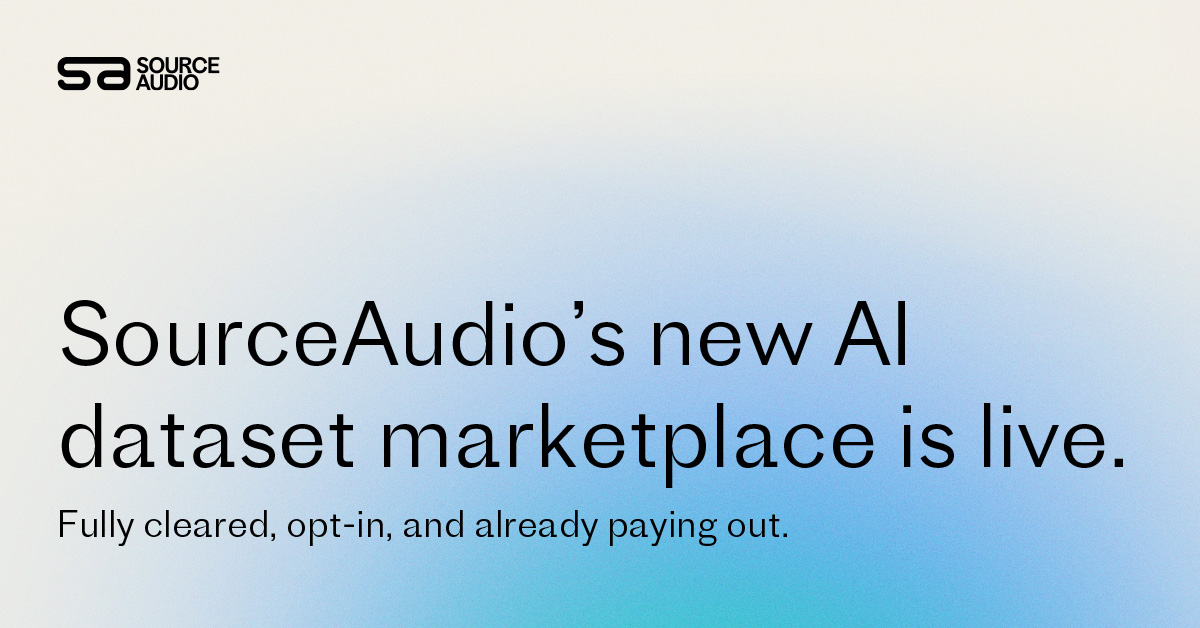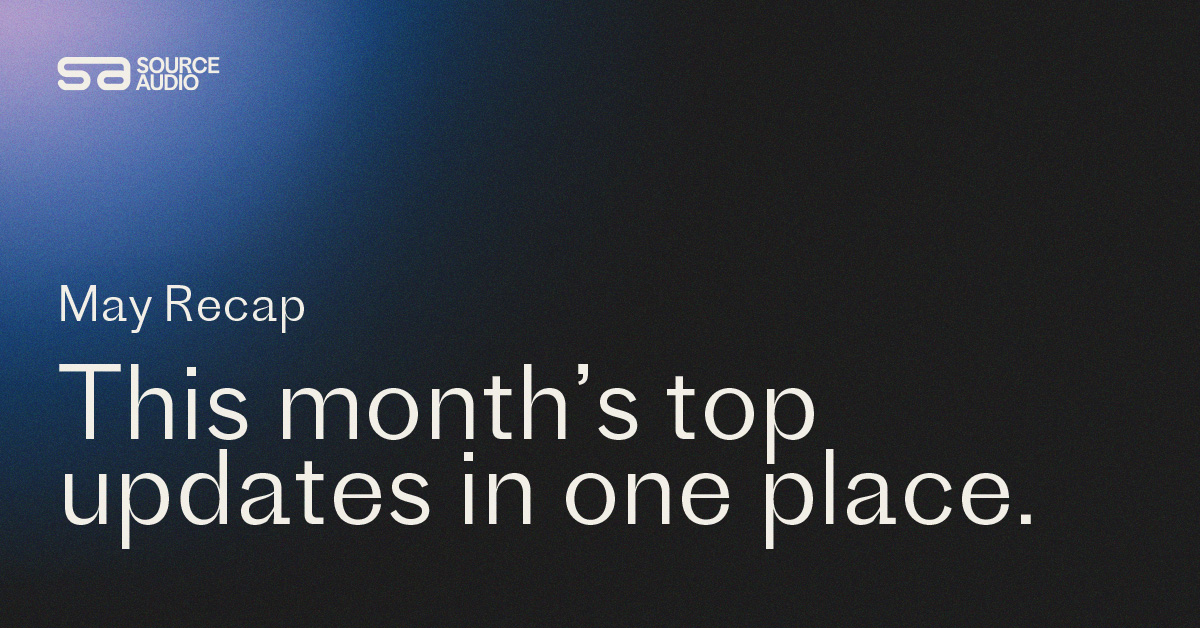Client Feature: Indart Music Talks Latin Music and his Tireless Work Ethic
Updated May 14, 2021
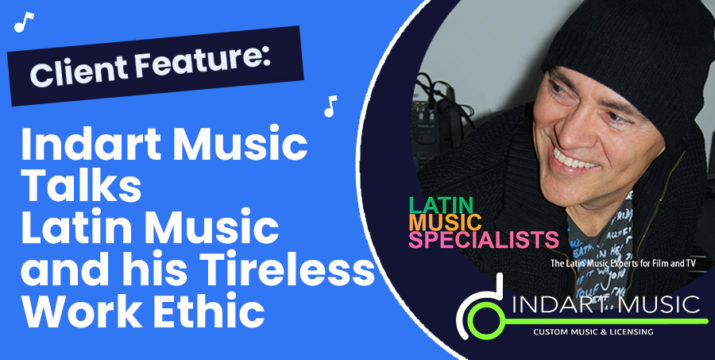
We recently spoke with Daniel Indart, CEO of Indart Music and Latin Music Specialists,
who shared the details of his rise to success through his relentless pursuit of quality.
How did these companies first start out?
Indart Music began out of my very first opportunities to make jingles and music for commercials.
I got started in the business right after I graduated from Berklee College of Music in Boston, when I moved out to Los Angeles and really struggled in the beginning, but that started to change once I finally got my music into the hands of an agency creative. After they heard a sampler of my music, they called me up and asked me if I could make something for a Coors Light Christmas advertisement, and that was what started it all.
That job was a big success, and I reinvested all the money in equipment, an office, and formally started the company as a jingle house. We were like Killer Music, Who Did That Music, HUM, they were all jingle houses, the same as Indart Music, but we were unique because we specialized in Latin Music.
How were you producing your music back then?
Production has changed so much over the years. In the beginning in 1984 when I first graduated everyone was working with drum machines, and I was the same, I had a DMX.
Right after that, everything started moving into sampling, so there was a lot of learning and growing to do there. I bought the Akai S900, my very first sampler, and I did a bunch of great commercials with that thing. My commercial spots were very catchy because I was a strong songwriter so with the help of this new technology, making those 30 or 60 seconds spots was easy for me. I was able to work very quickly, and for a long time I did everything in Digital Performer until we finally moved into Pro Tools, which was even better, and Pro Tools is still my axe today.
Can you share any events or turning points in the company’s history that have had a lasting impact or shaped how you approach your work?
The first one was definitely the first break I had, because before that I was doing anything I could just to break in. The Coors commercial took me on a run of four or five years where I was doing all the scoring for Coors’ national campaigns for the Latin market. That opened me up to other work and other agencies started noticing me because I could now bring in a demo that showed all the styles I had worked on.
The Latino market in the United States is very particular because it has many subcultures. The music for Latinos in Texas doesn’t sound like it does in LA or New York or Miami, so for every Coors spot I had to make four or five versions, one for each region of the United States. In a single day I would be recording Norteño, pop, commercial Latin, salsa, merengue, and reggaeton, all for different versions of the same 30 second spot for Coors. That definitely made me an expert in all these Latin styles which segues into being a music expert of Latin music for films and TV; it gave me so much experience production-wise.
With commercials you really have to be on your chops because they’ll call you at noon and they’ll want something for tomorrow morning totally finished, arranged, with singers, everything. When I got one of those requests I would sit down and just get to work, I wouldn’t eat, I wouldn’t sleep, I would just work, and the next morning I would deliver something amazing. I had to do it, because otherwise I would lose the job. Every job was a competition; I was competing against the American jingle houses, and I didn’t want to lose. I just kept pushing my chops more and more and more so that I was really efficient and really good at what I did.
What would you say is the most important change you’ve seen in the industry over the years and how have you adapted?
I came to LA in 1984, and from then to today the major change was the move to digital MP3s. That changed everything completely, it was like two planets, seriously.
Before that change, I was sending motorcycle messengers carrying reel-to-reel tapes and D.A.T.s to agencies for approval. Then they would call me back with adjustments for the track, so I would make changes and send another reel. I can’t tell you how many overnight packages I sent to New York or Texas or Chicago, hundreds and hundreds. And if the session didn’t end on time, like if it went until 10 at night, I would have to go to the airport and find some service for it to get there at 6 in the morning in Chicago. When MP3s came along it was unbelievable, but MP3s actually came with their own set of problems. The transition was not always smooth, so it took five or six years I would say before everything settled into digital.
Where did you learn the ropes of the licensing industry?
Everywhere. After I got that first job I knew this was what I wanted, so I just ran with it and never looked back. Berklee didn’t teach me business, what that place gave me is the confidence in myself to solve any musical problem, but business-wise, nothing from my undergraduate. I took business courses at UCLA extension for many years. Every couple of years I would go and take a semester, and the teachers were incredible. I learned business administration, taxes, budgeting, networking, everything that makes a business run. I always applied what I learned immediately and then closely monitored the impacts of these developments on the business.
I remember once after three of four years where I got a ton of work, I had all these major accounts from Disneyland to Bank of America, Wells Fargo, Toyota, but I finished the year and I had to pay all these taxes and I ended up with no money. Literally from six figures to nothing, so obviously I knew I was doing something completely wrong and I had to learn how to fix it. That’s when I started in on financial courses that immediately changed the way I was doing my managing, finances, and budgeting. The next year was totally different. I had a ton of money left, I could invest it, I bought my first home, but if I wouldn’t have gone and invested in an education, forget it, I would still be in the street. You just have to go out and learn. The information is out there.
Can you tell us anything else about the evolution of the Latin sector over the years? Does your business follow those trends closely?
Yes, I have to be up to date with the trends and the trends are changing constantly, so the end product is changing constantly.
For a while it was all the Mexican styles and then it changed to reggaeton and reggaeton itself changed so many times over the years and now it’s a fusion. Actually for a while it was hip-hop, everything was hip-hop, so that changed into reggaeton and everything else. I have to be on top of all industry changes all the time and keep adjusting the music, as well as any technical business aspects, I have to keep track of new clients, and keep track of old clients retiring. The business side and the music side both need to stay completely current.
Synch can be a crowded space, do you make it a point to stand out, or do you just stand out by doing the best job you can?
The latter. There are many music providers but the quality of what I come up with is superb. Nothing leaves my office or my studio without being approved, meaning it’s the very best we can do at any given time, not only production and sound wise, but compositionally, commercially, every performance from every performer has to be top-notch. That consistent quality keeps clients coming back.
What’s the best way to get a music supervisor to listen to your tracks?
My business has grown mostly from word of mouth, meaning recommendations from one supervisor to another.
When we get a call from a new client, we ask how they heard of us and typically it’s from another supervisor. I would say more than 80% of my total clientele came through referrals. Once I’m in contact with a supervisor I make sure to keep in touch by sending out a monthly newsletter to all my contacts where I’ll discuss a specific topic like “the difference between salsa and mambo”, or “what is cumbia great for”, or “how merengue is used in films”, something to perk their curiosity and get them interested.
I don’t want to make a hard sell, I just want to give them something of value because that’s how you build a brand.
Any all time favorite placements that you are especially proud of?
I’m constantly proud of the latest thing that we’ve done, it’s just this year’s been quite interesting because of the pandemic. We’ve been hit just like everybody else so that we’re only doing about half of what we were before, but gradually it’s coming back and more is happening. Before last year, there was a ton of stuff happening, a lot of movies and television that I enjoyed working on and that I feel very proud of, including a long-standing relationship with CSI. NCIS is another one that we did a ton of work on. The Sopranos was another one, it was an incredible show to be a part of; we created recorded music for the show as well as any music that was played by live musicians on the show. Dexter is another one where I did a ton of music and it was all in Miami, so it was very contemporary, hip Miami music and I really love Miami. There are many projects to choose from where I had a lot of fun in the process.
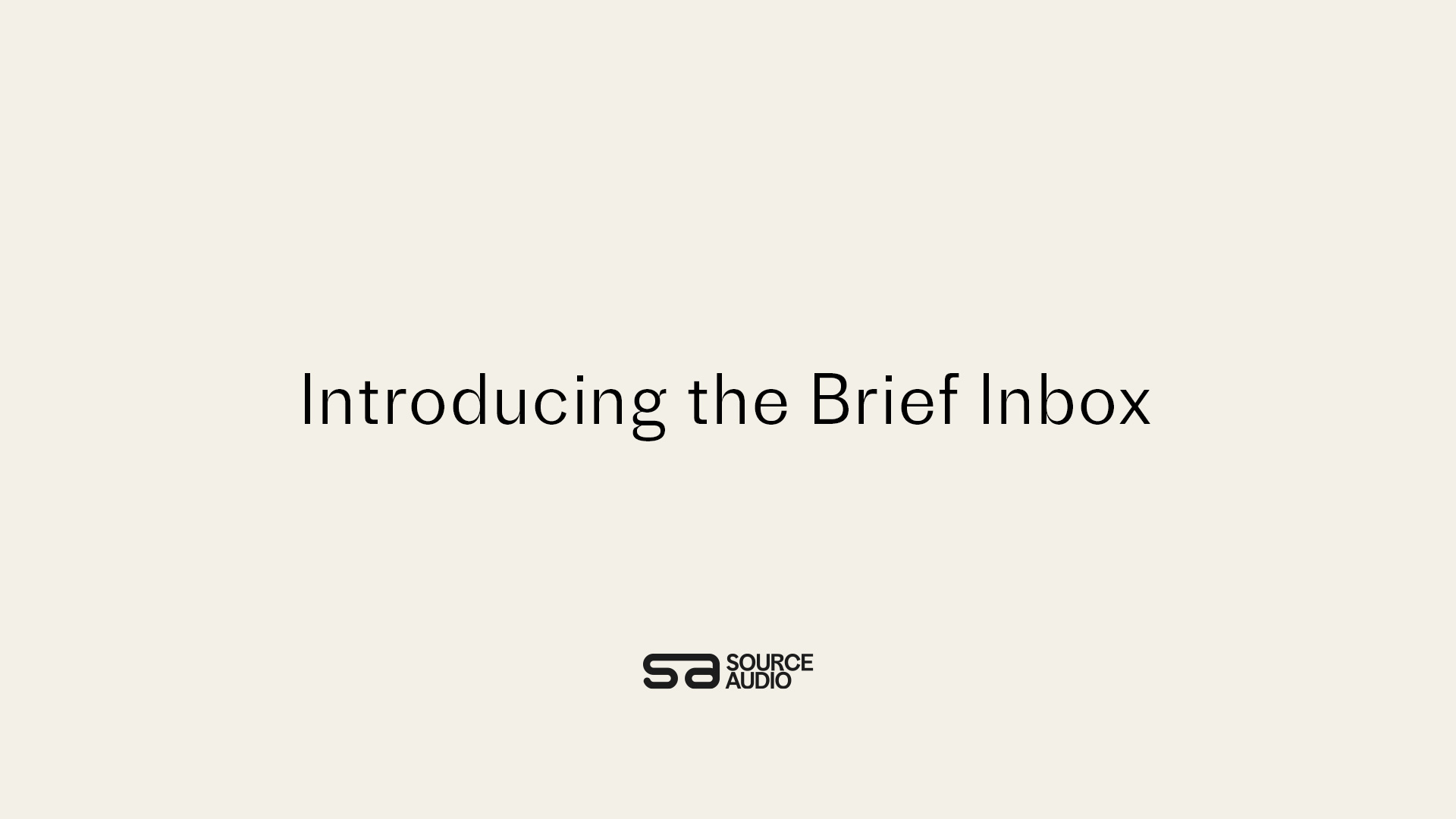
The Brief Inbox is officially live in your SourceAudio workspace!
It’s a new, shared workflow designed to make briefing, pitching, and licensing clearer on both sides of the process. Networks and production teams can request music more efficiently, and catalogs can respond with focused, relevant pit...[ READ MORE ]
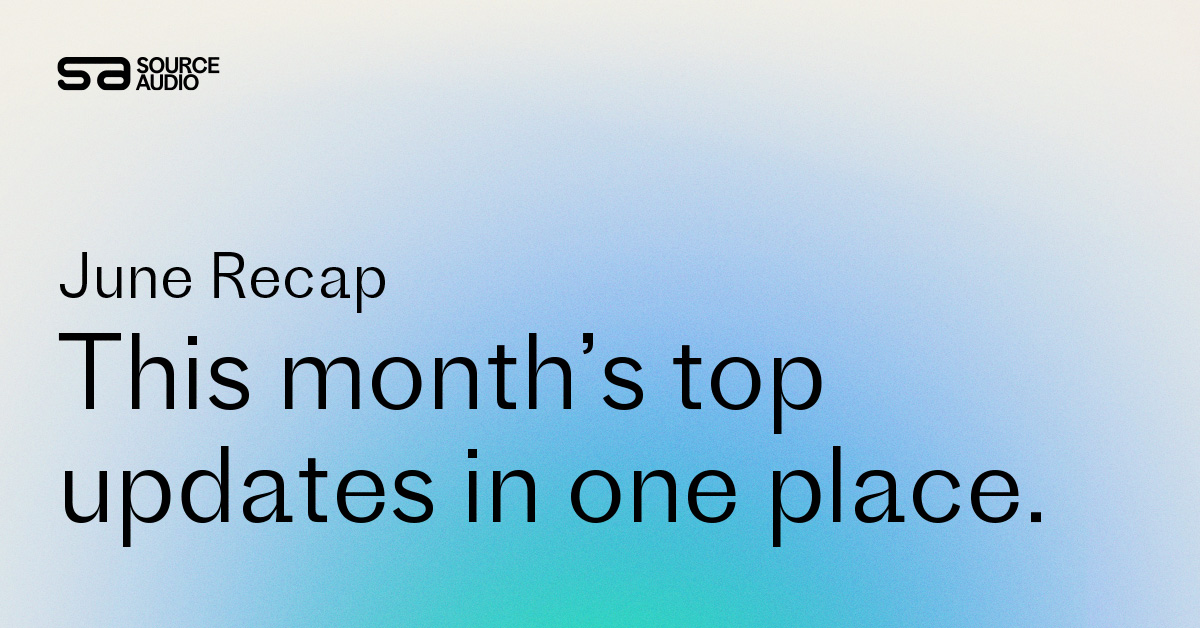
Your SourceAudio June Recap: Ethical AI, Real Revenue & What’s Coming Next
It’s been a huge month. Here's a quick look at how we're pushing the industry forward. Ethically, strategically, and always with creators at the core. New: AI Dataset Licensing Marketplace We launched the first scalable, fully clea...[ READ MORE ]
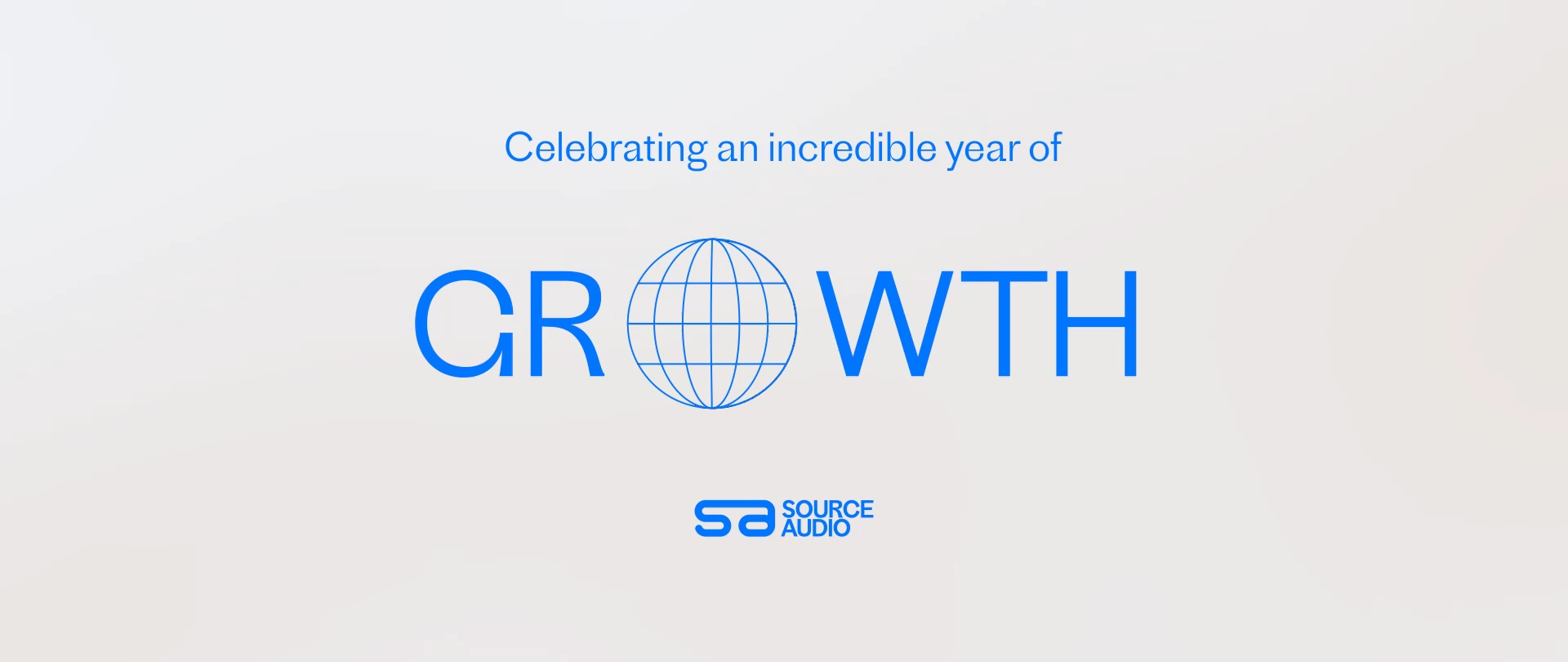
SourceAudio Celebrates Record-Breaking 2024
As we wrap up 2024, SourceAudio has solidified its position as the system of record and single source of truth for the music licensing industry. Through unprecedented growth and democratization of cutting-edge music technology tools, our p...[ READ MORE ]

